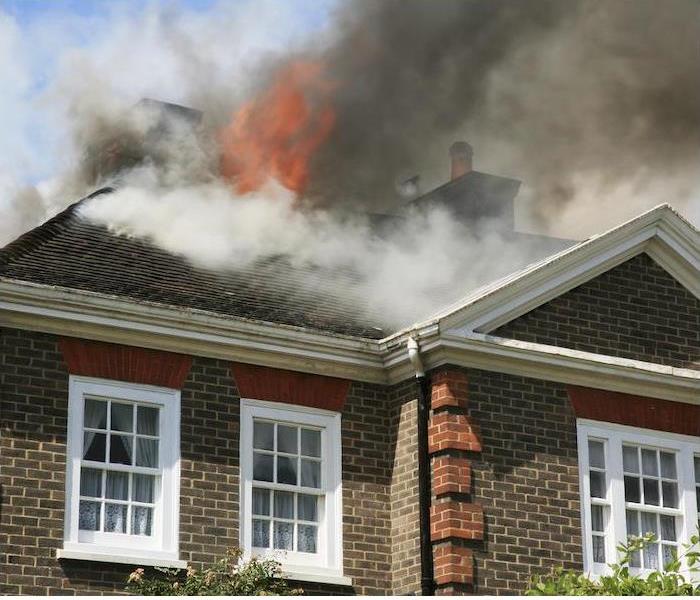What Do I Do After a Fire? | SERVPRO® of East Erie County
4/19/2022 (Permalink)
No, a fire isn’t the end. However, any fire—from one that chars a single room to one that destroys your home—can leave you feeling traumatized and unsure how to move forward.
Luckily, if you plan ahead, you’ll know what to do in the hours and days after a fire so that you can move forward with confidence.
Before the Fire
There are definitely steps you can take to prevent a fire, from keeping your home electrical system in good condition to maintaining fire extinguishers and alarms. However, you should always have a recovery plan just in case disaster does strike.
As you make hour recovery plan, get together a list of contacts to reach out to in the early hours after a fire. Include your insurance agent at the top of the list.
After that, you’ll need contact details for your landlord or mortgaging bank, plus your credit cards and other financial accounts. Have any contractors you’ll need listed, from a restoration provider such as SERVPRO to your pet boarding people.
Also list your medical providers and, of course, local emergency services. Store your list in an online drive—such as a Google drive—so you can get to it even if your computer and papers are destroyed.
After the Fire
Once everyone is safe from the fire, your first step is to find shelter, if needed. Do not re-enter your home! Instead, reach out to friends, relatives or agencies such as the Salvation Army or Red Cross.
Next, begin to assemble your team of helpers. Work through your list of contacts, starting the process of getting insurance compensation, repairing and restoring your structure if possible, and assembling any paperwork you’ve lost. Often, your restoration provider can help you with collecting and filing insurance paperwork.
Keep careful records, such as receipts and photographs, to help with insurance claims.
Ongoing Care
Keep a close eye on your family’s physical and mental health after the fire. Smoke inhalation may cause long-term problems or exacerbate chronic conditions. Some injuries—such as burns under a pet’s fur—may be difficult to find at first.
Since fires can be traumatic to witness, make sure your family has good mental health support. Connect with a counselor or faith leader, or look for free online resources. Let your child’s guidance counselor know he or she may need extra support, too. Together with your team, you’ll get through this.



 24/7 Emergency Service
24/7 Emergency Service
